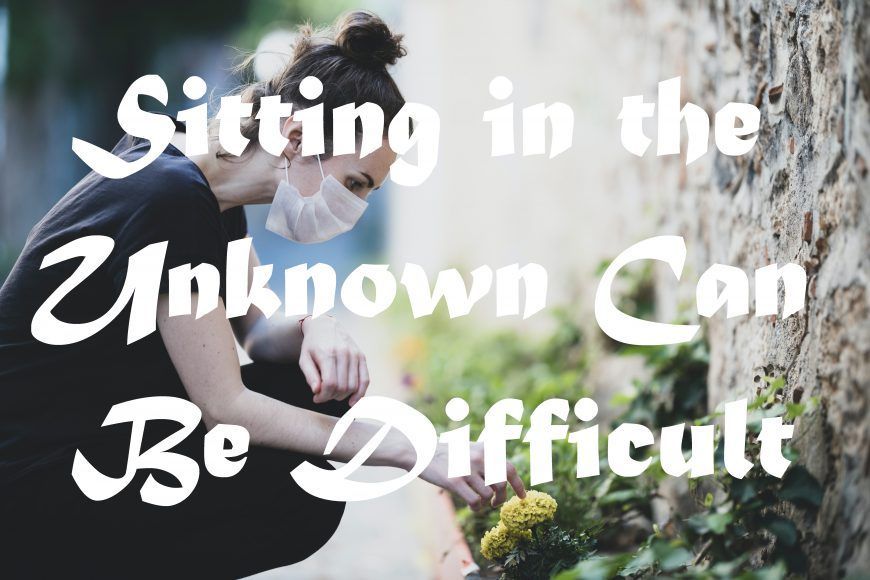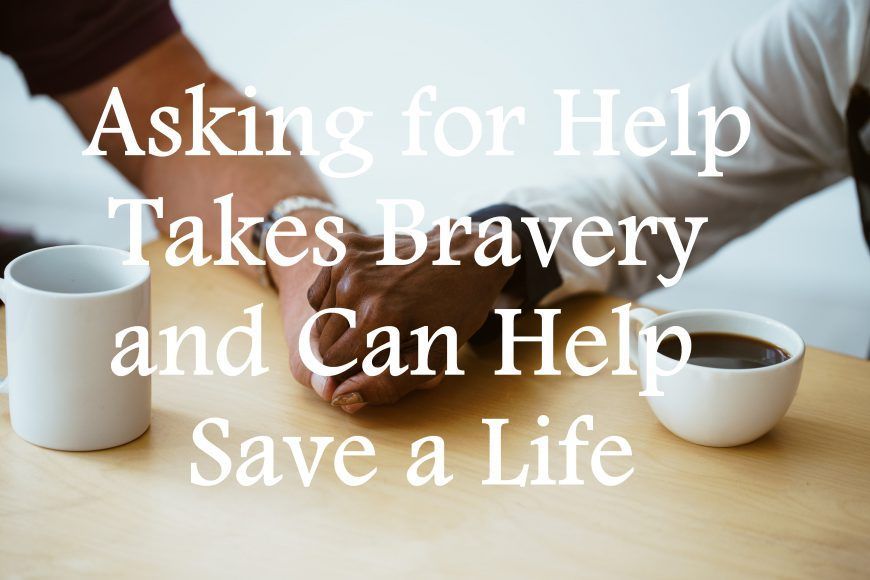7 Tips on How to Support a Grieving Person
How To Support a Grieving Person
Consoling a friend or loved one when they are coping with a great loss can be difficult. You may feel that nothing you say or do helps. This may especially be the case if you have not experienced such a situation before. Yet, your mere presence by the side of the grieving person could make a world of a difference if you know how to support them through grief.
Before you can do that, it is important to understand that it will take some time for the grieving person to accept the situation and realize the gravity of it. This is why you have to be patient. If you are pushy, that person may just want to shut you out. Instead, just make your presence known. Grieving is a gradual process and it may take longer than you anticipate for your friend or relative to come out of it.
It is easy to feel helpless when you want to comfort someone who is grieving. Sometimes you can easily say or do something that may exacerbate the situation although your intentions were good. This is why knowing how to support someone through grief is very important.
7 tips on how to support someone through grief:
-
Recognize the stage of grief your friend is in:
Most people, who have lost someone dear to them, go through seven stages of grief . These stages are shock, denial, pain and guilt, anger, bargaining, depression and finally, acceptance. Each stage is necessary and healthy. Familiarize yourself with these steps so you can judge which stage your friend is on. Then you can decide how to proceed in a better way. Although recent research has cast doubt on such a stringent model, people do tend to go through at least several of these stages once or several times over.
-
Do not try to tell the grieving person how strong they are:
Although your intentions are good, this might be troublesome for him/her. If your friend is coping with the loss without showing any emotions, do not praise their strength. Being vulnerable and human is important at times like these. You have to allow them to experience these emotions. It can take a while for some people to know vulnerability and others tend to hide it around others. Respect these boundaries.
-
Check in on the grieving person :
Stop by at your friend’s place or call them up to find out how they are doing. The person may need you at unexpected times. Just knowing you are around without having to say it can be enough to support someone experiencing a loss.
-
Be sensitive about the different variables of grief:
People grieve and mourn in different ways. How one person reacts to grief may be quite different from how you do it. There are several variables that may contribute to a person’s grief, some being the cause of the loved one’s death, the coping ability of the grieving person, the nature of support system and the depth of your friend’s relationship with the person who passed away. Understand these elements as they are going to affect your friend’s grieving process.
-
Be a good listener instead of being an advisor
When trying to support someone through grief, it is important that you listen well to the grieving person and steer clear of giving your advice right away. Your sympathetic ear will play an important role. A bit of compassion is always needed at such times. Allow your friend to talk and express his/her grief. It is possible that he/she may have angry outbursts, laugh, cry and even scream. Just be there and let him/her know you are listening. Do not be quick to offer your advice unless you are asked to do so.
-
Take initiative and help out:
A grieving person often is not able to express what he/she needs. He or she may be overwhelmed with things such as logistics, making phone calls, funeral details, etc. Even cooking and day to day activities become a chore when one is grieving and depressed. In many cultures, friends and family step in during the grieving process to ensure that those mourning are fed, taken care of and encouraged to keep busy. If you are a friend of the griever, offer your help to their immediate family!
-
Learn to disconnect:
This may be the hardest advice of all but sometimes you just need to stay away. This isn’t always a physical distance but an emotional one as well. Be present but do not present yourself. People experiencing a deep loss will need time alone or time in silence. Just knowing you are available without being obviously available can provide great comfort to people. Instead of offering advice or pushing the person, just be present, silent and welcoming. Also, do not forget to take time for yourself. We tend to take on other people’s pain and it can take a serious toll of our mental and physical health. So learn to recognize the signs and disconnect when you need to.
For More Resources, Interesting Facts And Information, Visit The Qeepr Community












